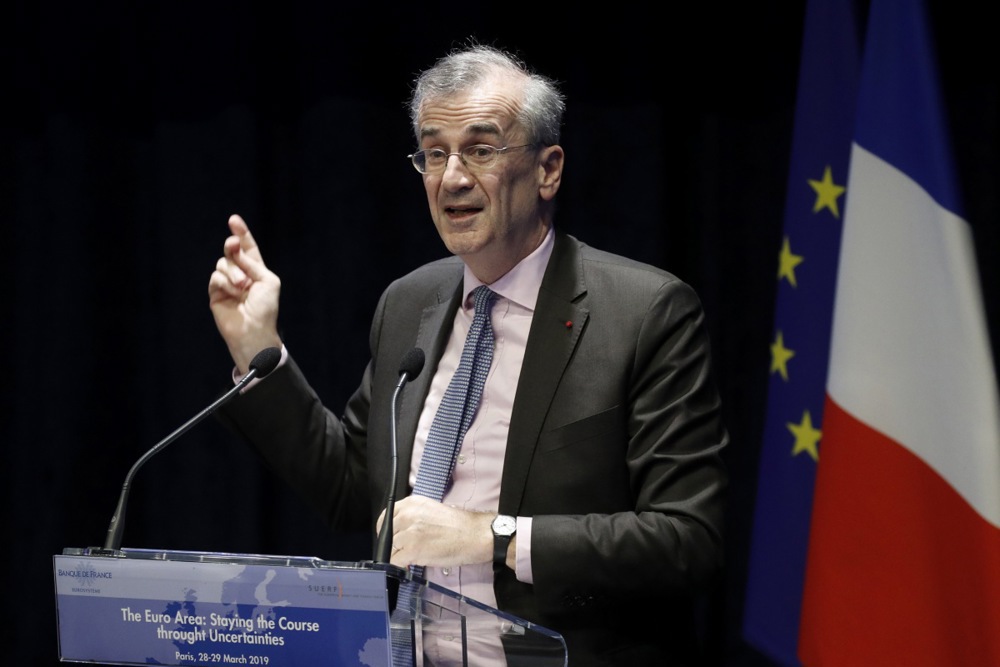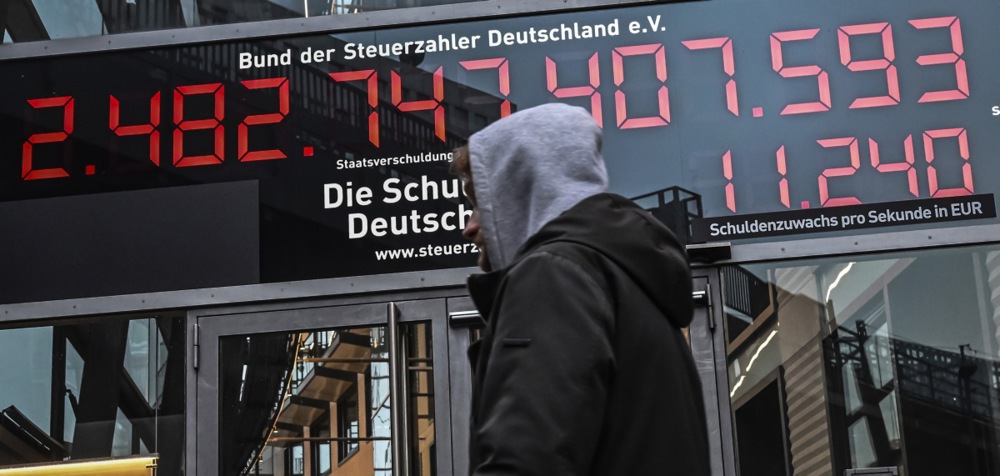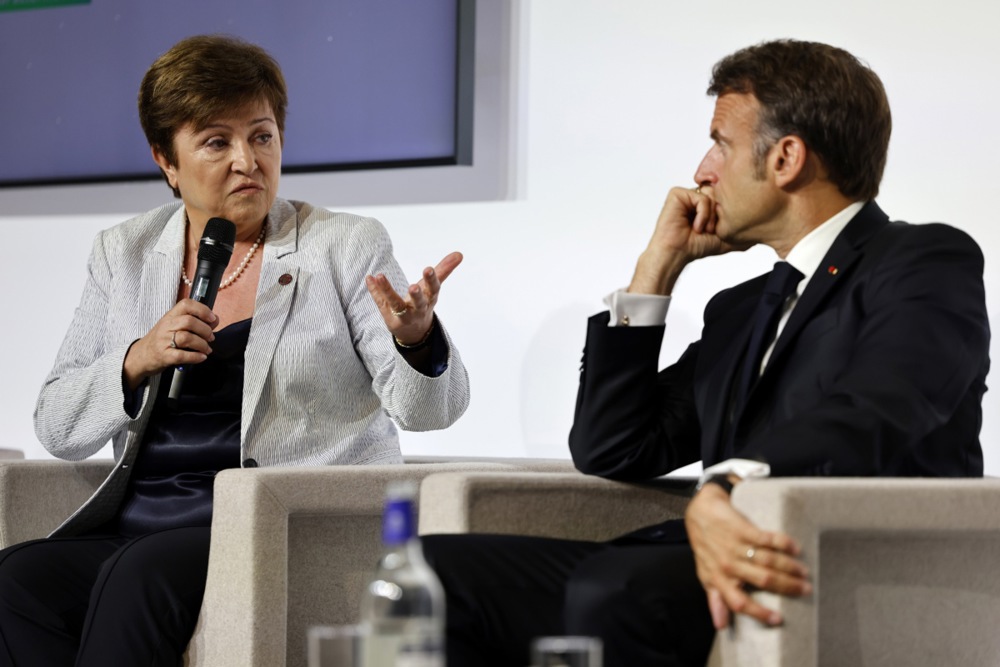France is facing “a serious slippage in public finances” over a €16 billion spending increase, ministers in the country have warned.
Bruno Le Maire, the French Economy and Finance Minister, together with budget minister Thomas Cazenave said the public accounts deficit is likely to rise to 5.6 per cent of GDP, well above the French target of 5.1 per cent for 2024, with the possibility of further slippage if changes are not made.
In a letter sent on the evening of September 2 to the general rapporteurs and presidents of the finance committees of the two French assemblies, the outgoing ministers expressed concern about the “extremely rapid increase in local authority spending”, French daily Le Monde reported.
They said the increased spending could amount to €16 billion, while Brussels is already threatening to put France in a financial straitjacket having launched the Excessive Deficit Procedure (EDP) in June.
Ultimately, France is supposed to get its finances in order and reduce its deficit to 3 per cent of GDP by 2027, in line with the European Stability and Growth Pact.
EC launches Excessive Deficit Procedure against seven Member Stateshttps://t.co/uoDox2jjLk
— Brussels Signal (@brusselssignal) June 19, 2024
Le Maire’s announcement of a “slippage” of the public finances came ahead of what will likely be a difficult debate on the State budget for 2025, which should be completed in mid-September.
The French Government France is likely to have to take urgent measures to alter course and find €16 billion in the current budget.
“It is up to the next government to modify the elements prepared if necessary, both in terms of revenue and expenditure,” the pair wrote.
“VAT, income tax and corporate income tax receipts could be lower than forecast,” the ministers said.
They also noted that France’s economic growth was low, proving “less favourable to tax revenues” than predicted.
Most importantly, ministry officials claimed to have recently discovered an alarming situation at the municipal and local levels, where spending has soared beyond what revenue can cover.
Le Maire said he had done what he could to combat the rising deficit. At the beginning of the year, he issued a decree freezing €10 billion in spending. Later, he proposed a budget amendment that could have saved another €10 billion, but the parliament voted against it.
The two ministers claimed to have “set aside” €16.5 billion, but with the general elections in France leaving a caretaker government, they are not able to do much more about the situation.
“Nothing has really been done to improve tax revenues, to cancel credits, or to help local authorities,” a source at the Finance Ministry told Le Monde. “Yet public accounts can only be kept with an iron fist. Otherwise…”
Paris had already been forced to revise its long-term budget downward by nearly €30 billion in the spring.
Because of the deteriorating situation of public finances in the country, Le Maire indicated France will need to implement austerity measures.
Following the July elections, the political map in France has become complex. President Emmanuel Macrons’ Liberal Ensemble coalition made losses and the left-wing alliance of the New Popular Front made great gains, while the hard-right National Rally became the single biggest party.
Macron has been trying to form a government and is looking for a new prime minister. The creation of a more economically left-leaning government looks likely, with a number of representatives from the possible constituent groups promising to avoid future austerity measures.
Hard-left MP Éric Coquerel said in a reaction to news channel BFMTV that he did not want cuts in government spending but increase taxes instead.
“The figures released on Monday show that the policy of supply and competitiveness, which President Macron clearly intends to pursue, is taking the country ever faster into the wall,” Coquerel said.
“It is revenues that should be sought [and not less spending].”
The IMF has challenged the French Government’s projections on future public debt, estimating that the country will end up running a significantly higher deficit than Paris is predicting. https://t.co/i9ZHAMGowY
— Brussels Signal (@brusselssignal) May 24, 2024





